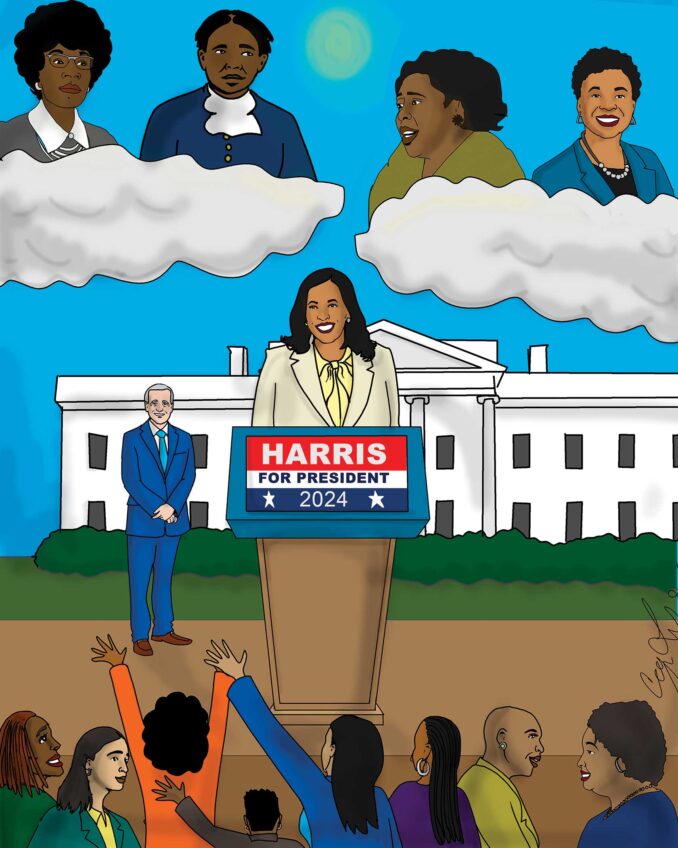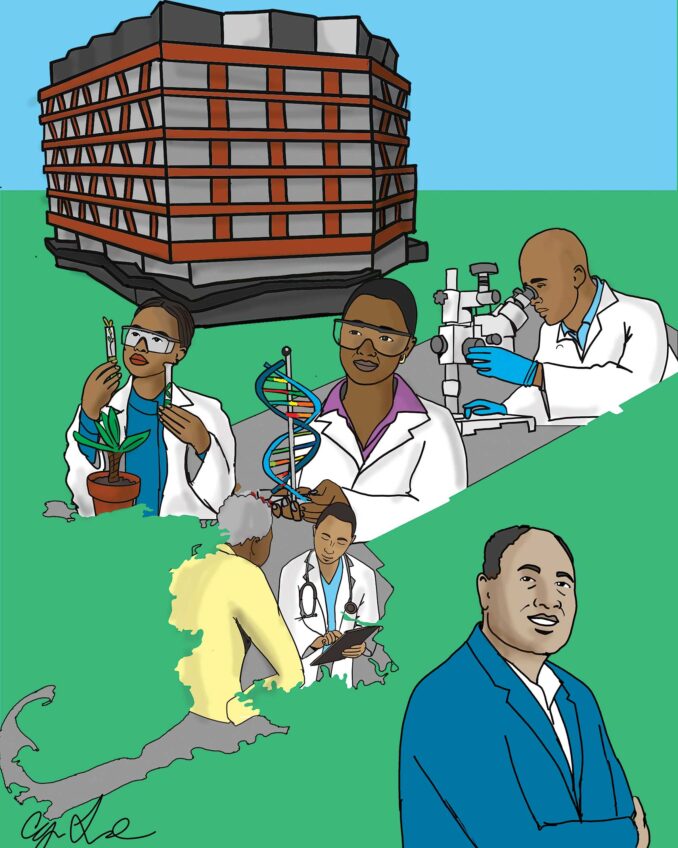Serving and protecting our returning military veterans
When President Barack Obama was sworn in as the 44th president of the United States of America, he inherited a global economic crisis and two wars. Yet one of the most important policy issues that the president will have to address is the return of our military veterans.
During his campaign, Obama spoke of his opposition to the war in Iraq and the importance of reallocating U.S. military resources to Afghanistan. Managing those resources will be a trying task, but developing a plan to support hundreds of thousands of American servicemen and women will be just as difficult, if not more so.
Since 2001, America has sent more than 1.5 million troops into Afghanistan and Iraq. The daily process of carrying out military operations, staying alive and staying connected to loved ones is stressful, both to the troops and to their families.
Over the past six years, thousands of military veterans have returned from Iraq and Afghanistan. Sadly, more than 4,000 have returned in coffins, and tens of thousands returned with injuries and scars — both mental and physical — that will affect them for the rest of their lives. Their return in the midst of high unemployment, foreclosures and instability in financial markets will factor greatly into their re-entry to civilian life.
The effects of war can be mentally debilitating. What we don’t hear or discuss enough are the accounts of men and women who return home seemingly normal, but who in fact unknowingly have severe mental effects resulting from their tours of duty. These individuals carry with them the memories of constant explosions, lost comrades and comrades left behind to fight — memories that can trigger severe mood swings, bouts of depression and even memory loss.
The Depression and Bipolar Support Alliance, which regularly partners with the Veterans Administration, reports that more than 35 percent of Afghanistan and Iraq veterans treated at VA medical facilities have been diagnosed with some type of mental disorder. This number does not take into account those individuals who have not sought care.
If left undetected, post-traumatic stress syndrome can greatly affect the lives of these returning veterans and their families. For these reasons, the mental health of our veterans must be one of the highest priorities for the Obama administration. It’s important not only that our returning troops receive treatment, but that their families do as well. For months at a time, they have been without their loved ones, and upon their return must adapt to having them back in their lives on a daily basis.
When we look at the challenges of returning servicemen who served in Vietnam, we find that more than 30 years later, many are still struggling to re-assimilate into society. Their return coincided with increases in homelessness, unemployment, and drug and alcohol addiction; we now understand that their experiences may have impacted these numbers. The post-Vietnam experience provides us with a vivid understanding of what happens when we don’t prepare to welcome and return our military veterans into civilian life.
This is why it is important that our policymakers and elected officials look at ways to assist our troops and their families with employment, education, training and access to quality health care to facilitate their transition back to civilian life. Some areas they should look strongly at include establishing and strengthening programs that will:
• Address and eliminate socioeconomic barriers to care for returning American servicemen and women;
• Increase mental health funding for returning troops through Medicare and Medicaid;
• Increase funding for education training, colleges and universities for American servicemen and women;
• Increase funding for families of returning servicemen and women to seek mental health counseling; and
• Ensure that disability benefits are available to military veterans and their families.
Whether we opposed or supported the wars, that should not affect the way we treat our veterans. They will have to grapple with finding employment, facing foreclosures and assimilating back into family life. These struggles alone will be frustrating for those who constantly lived under the stress of war. Not providing adequate support for our troops, and their families, will affect all of us.
Just as it has been the responsibility of the troops to serve in our military, it is now the responsibility of each American to protect and support our veterans as they return. It should be a priority to alleviate challenges that may prevent them from making the adjustment from the chaos of war to the normalcy of civilian life.
Atiba Madyun is the division director for the National Black Caucus of State Legislators and the managing editor of the Legislator.






